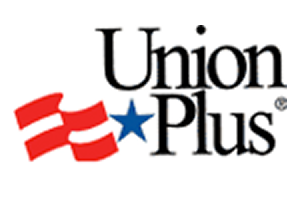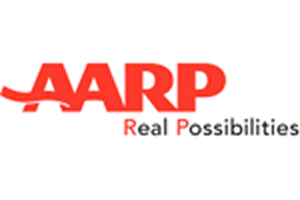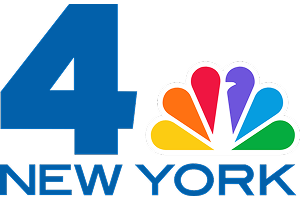800.696.9529
Long Island Debt Consolidation
Having substantial debt can be stressful. Not only is difficult to know that you simply do not make enough money to pay your bills, there is also the possibility that you will face severe consequences from your creditors. For example, if you are significantly late with paying a creditor, that creditor may go to court and get a judgment against you. With a judgment the creditor can get a wage garnishment as well as a bank account levy. Should you fall behind on paying your mortgage, you could lose your home to foreclosure. Even if your financial situation seems dire, there are strategies that could result in your debt payments being lowered so that they are more manageable. One such strategy is debt consolidation. Debt consolidation is a debt relief option that allows you to combine multiple high-interest credit card and other debts into a single more affordable monthly payment. With debt consolidation, you take out a single loan and use it to pay off all of your smaller debts. For a debt consolidation plan to work the new loan must have terms that will result in your single monthly payment being lower than the total monthly payments of the individual loans and credit accounts that you use the debt consolidation loan to pay off. If you cannot afford to pay your bills it is critical that you immediately contact an experienced Long Island Debt Consolidation Lawyer who will review the specifics of your financial situation and explain to you your options for debt consolidation.
Advantages of debt consolidation
If you take out a debt consolidation loan to pay off old debt, then you will save money. For debt consolidation to work the debt consolidation loan will have a lower interest rate then your old debt. Ultimately you will end up paying less money than you would if kept paying the old debt with its higher rate of interest. In addition, if you have been unable to pay your old debt on time, you likely have been charged late fees. Once you pay off the old debt through debt consolidation, you will stop receiving late fees.
Types of debt consolidation loans
A debt consolidation loan can be either a secured loan or an unsecured loan. A secured loan is one for which you put up some sort of collateral to ensure that the creditor will receive payment. For example a mortgage is a secured loan. Similarly, a car loan is a secured loan. If you fail to repay a secured loan, the creditor could repossess the property. In the case of a mortgage, if you do not pay you will face foreclosure.
On the other hand an unsecured loan is one that is not secured by property. Credit cards and personal loans are examples of unsecured loans. If you get an unsecured loan for debt consolidation, you will not put any property at risk since such a loan would not require collateral. However, you must have pretty good credit to get an unsecured loan. Thus, you would have to plan in advance, anticipating that you will soon have difficulties paying your debt. Once you get behind in you debt payments you credit rating will be negatively impacted and few lenders will be willing to offer you a loan with favorable terms. If you take out a debt consolidation loan with a high interest rate, while you may still be able to pay off your other debt, you will end up struggling to make the monthly payments required by the debt consolidation loan.
Other Debt Relief Options
If you are having problems paying your bills, there are other options for debt relief. The option that is best for you will depend on factors such as the amount of debt, how late you are in payments, your resources, and the steps your creditors have already taken to secure payment. Such options include filing for chapter 7 bankruptcy, filing for chapter 13 bankruptcy, or negotiating a debt settlement.
If you are facing financial problems, you should contact an experienced attorney right away. The longer you wait the fewer options you will have. The staff at Stephen Bilkis & Associates, PLLC has extensive experience helping clients avoid garnishments, eliminate debt, respond to creditors’ claims, file for chapter 7 or chapter 13 bankruptcy, and deal with other issues related to debt relief. Contact us at 800.696.9529 to schedule a free, no obligation consultation regarding your debt issues.












